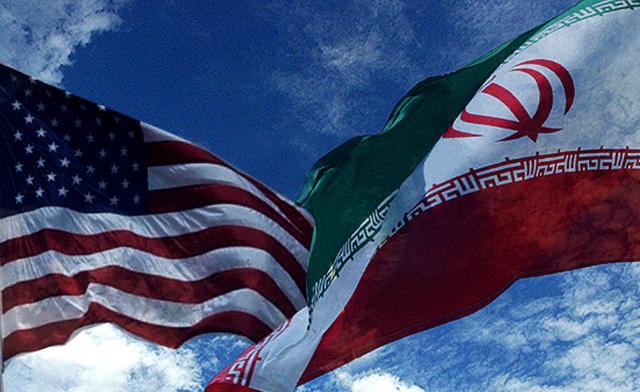Iran is looking forward to producing uranium metal at a site in Isfahan which can be used to construct the core of their nuclear weapons.
According to US intelligence agencies and the IAEA (International Atomic Energy Agency), Iran had a secret coordinated nuclear weapon programme that was halted in 2003 to which Iran has always denied. Iran always denies its ever seeking nuclear weapons and have always stayed on the statement that the country believes in peaceful usage of nuclear energy.
IAEA Director General Rafael Mariano Grossi in a statement has informed that the recent developments regarding Iran’s plans to conduct research and development activities on uranium metal production as part of its declared aims to design an improved type of fuel for the Tehran Research Reactor.
In June 2006, the UN Security Council adopted a resolution demanding that Iran should suspend all its uranium enrichment programmes. In December 2006, after Tehran’s failure to comply, the council imposed sanctions on Iran’s trade on sensitive nuclear materials and technology. Nevertheless, Iran vowed to continue enriching uranium, citing its rights to do so without external interference.
The trigger mechanism in the 2015 pact with the world powers allows for the re-imposition of UN sanctions if found to be in breach of its commitments.
Iran has been accelerating its breaches of the deal as a part of a process started by Tehran in 2019 of committing breaches in response to US President Donald Trump’s 2018 withdrawal from the deal.
The moves increase pressure on US President-elect Joe Biden, who takes office next week and has pledged to return the United States to the deal if Iran first resumes full compliance. At the same time, Iran wants Washington to lift sanctions first.
The IAEA’S confidential report to member states obtained by Reuters said that Iran had indicated its plans to produce uranium metal from natural uranium and then produce uranium metal-enriched up to 20 percent for the fuel required for the Tehran research reactor. The deal also says that this can only happen in small batches and in consultation with parties associated with the deal after 10 years.
Kazem Gharib Abadi (Iran’s ambassador to the IAEA) said, “Iran would produce Uranium metal, and would allow the development of the new fuel for the Tehran civilian research reactor. Iran had said it would take four to five months to install the equipment to produce a uranium powder from which uranium is made.
The demand for lifting sanctions first may indicate Iran’s negotiating stance with the incoming administration of Joe Biden. Iranian officials have so far called for the US to lift the sanctions and rejoin the deal while ruling out any re-negotiation of its terms.

